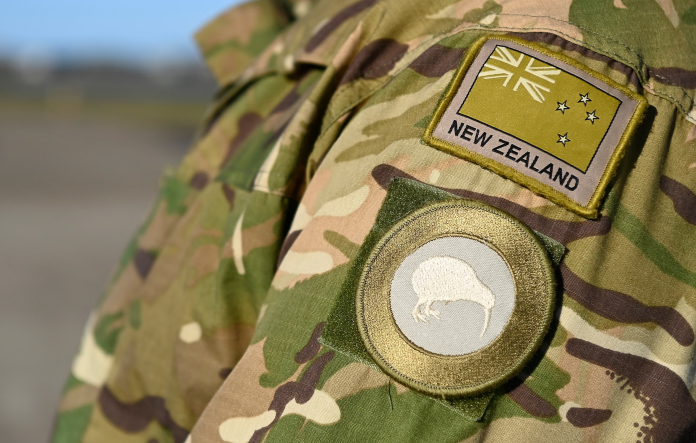A serving New Zealand soldier has pleaded guilty to attempted espionage in a historic military court proceeding, marking the nation’s first-ever spying conviction, according to AP News.
The serviceman, whose identity remains suppressed by judicial order along with the foreign power he sought to assist, admitted to attempting to pass sensitive military intelligence to an individual he believed represented a foreign government. This individual was in reality an undercover New Zealand police officer.
The soldier, stationed at Linton Military Camp near Palmerston North, attempted in 2019 to communicate classified materials including military base telephone directories, security vulnerability assessments, personal identification credentials, and network login details.
Military court documents explicitly stated his actions were “likely to prejudice the security or defence of New Zealand.” The illicit approach occurred after authorities learned he had expressed intentions to defect while already under surveillance due to connections with nationalist groups.
Extremist links
This espionage attempt emerged from a counter-terrorism operation established following the March 2019 Christchurch mosque attacks, where fifty-one worshippers were murdered by an Australian white supremacist.
Investigators discovered the soldier possessed objectionable material including the livestreamed video of the mosque massacre and the perpetrator’s manifesto, items whose unauthorised possession constitutes a criminal offence in New Zealand. During searches, service ammunition was also recovered from his residence.
In a statement read to the court by his lawyer Steve Winter, the soldier acknowledged involvement with groups Action Zealandia and Dominion Movement between 2017-2019, characterising them as “no more than groups of friends with similar points of view to my own.” He maintained these organisations provided “a positive experience” and were “not terrorist groups.”
The soldier faced 17 original charges before pleading guilty to an amended suite of three offences: attempted espionage, accessing a computer system for dishonest purposes, and possessing objectionable publications. Each charge carries a maximum penalty of seven to ten years’ imprisonment.
Military officials anticipate sentencing within days following Monday’s conviction at Linton Military Camp, with the proceedings described as nationally significant and partially conducted behind closed doors due to security concerns involving classified material.
